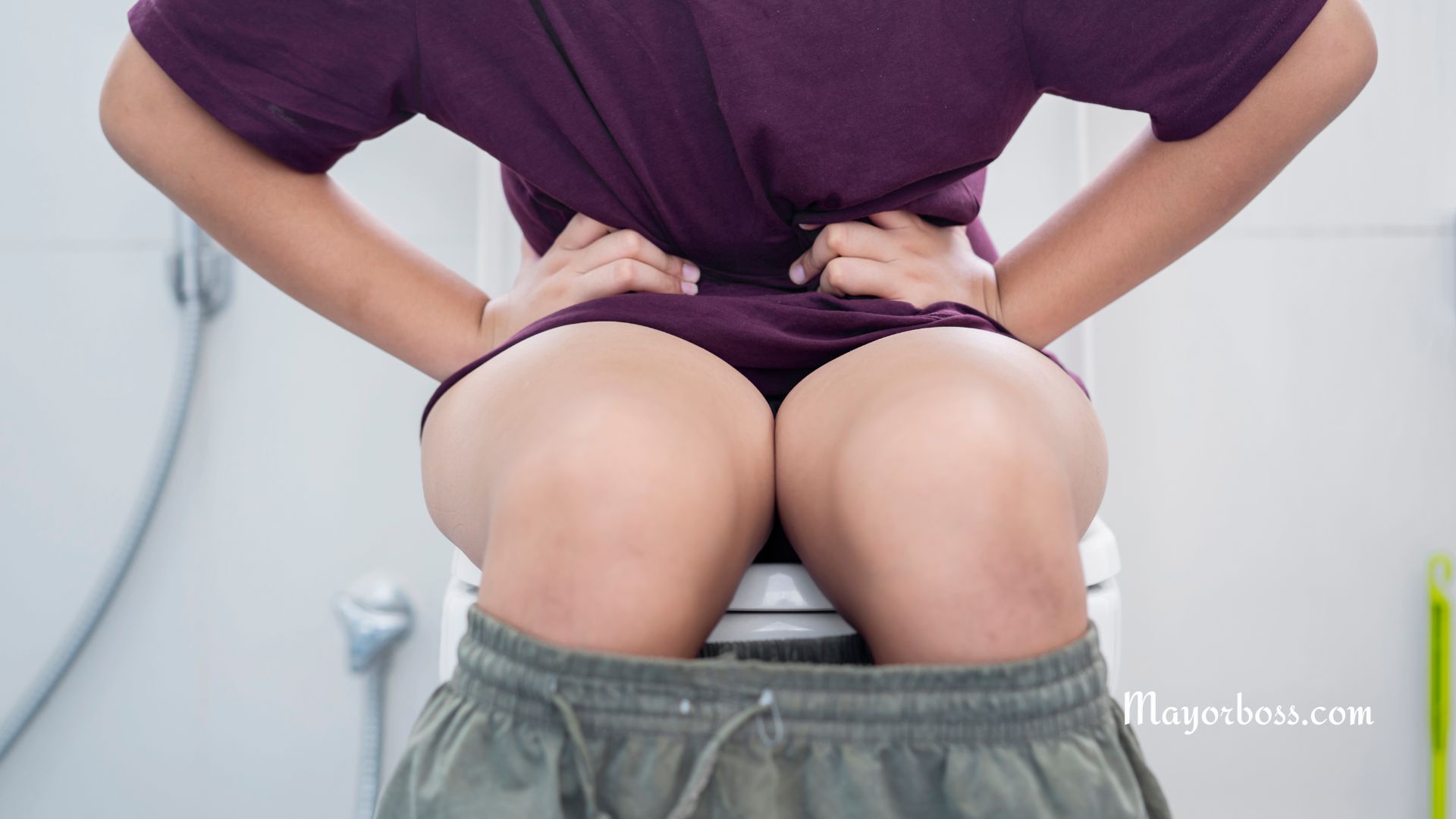Yellow Diarrhea: What It Means and How to Deal With It
Yellow diarrhea can be unsettling but is often not a reason for immediate panic. This condition can occur due to various factors like dietary choices, infections, or underlying health conditions. Generally, it tends to resolve on its own or with minor interventions. However, if it persists or is accompanied by other symptoms, consult a healthcare provider for an accurate diagnosis and treatment.

The Color Spectrum of Poop: Why Yellow?
So, you’ve noticed that your poop is yellow. Before you jump to conclusions, let’s break down what might be causing this. The color of your stool depends on a variety of factors, such as what you eat, how your body processes food, and your overall gut health. Yellow stool can commonly be attributed to foods rich in yellow or orange pigments, such as carrots or sweet potatoes.
Diet-Related Causes
Foods with artificial colorings or naturally occurring pigments can result in yellow poop. This usually isn’t a cause for concern and should be resolved once the food passes through your system.
Examples of Diet-Related Causes
- Corn
- Yellow peppers
- Squash
- Food colorings
Non-Diet Related Causes
If your diet doesn’t explain the yellow color, other factors could be at play. For example, some medications can alter the color of your stool. Infections or inflammation in your digestive system can also make your stool yellow.
When Should You Worry?
Alright, let’s address when you should be concerned. If your yellow diarrhea persists for more than a few days or is accompanied by symptoms like nausea, vomiting, or high fever, consult your healthcare provider. Moreover, if you experience severe dehydration, seek medical attention immediately.
In People With Chronic Conditions
For those with chronic conditions like irritable bowel syndrome (IBS) or Crohn’s disease, yellow diarrhea can be a common occurrence. In these cases, it’s crucial to consult your healthcare provider for appropriate management and treatment.
What Can You Do About It?
After pinpointing the probable causes, you can take some practical steps to manage yellow diarrhea.
Hydration is Key
During bouts of diarrhea, it’s crucial to stay hydrated. Consume fluids like water, electrolyte drinks, and herbal teas. Avoid caffeinated or sugary beverages, as they can worsen diarrhea.
Opt for a Bland Diet
A BRAT diet (bananas, rice, applesauce, and toast) can be beneficial during episodes of diarrhea. These foods are easy on your stomach and can help firm up your stool.
Over-the-Counter Medication
Anti-diarrheal medications like loperamide can offer temporary relief but should not be a long-term solution. Always consult your healthcare provider for advice tailored to your specific needs.
To Sum It Up
Yellow diarrhea can have multiple causes, ranging from diet to underlying health conditions. It’s generally not a reason for immediate concern but should be monitored closely if it persists or is accompanied by other symptoms. Stay hydrated, opt for easy-to-digest foods, and consult a healthcare provider if the condition doesn’t improve.
Frequently Asked Questions
What Foods Can Cause Yellow Diarrhea?
Eating foods rich in yellow or orange pigments can often result in yellow stool. Corn, yellow peppers, and squash are common culprits. Sometimes, artificial food colorings used in candies or sodas can also give your poop a yellow hue. This is usually a temporary effect and should pass once the food is out of your system.
Can Medications Make My Stool Yellow?
Absolutely, certain medications can alter the color of your stool. Some antacids, for example, contain elements that can result in a yellowish color. If you’ve recently started a new medication and are experiencing yellow diarrhea, consult your healthcare provider to see if the drug could be the cause.
Is Yellow Diarrhea a Sign of Infection?
In some cases, yes. Yellow diarrhea could indicate a bacterial or viral infection in your digestive system. Symptoms often accompanying an infection include fever, nausea, and sometimes vomiting. If you suspect an infection, it’s crucial to consult a healthcare provider for a proper diagnosis and treatment plan.
How Does Yellow Diarrhea Affect People with Chronic Conditions?
For individuals with chronic digestive disorders like irritable bowel syndrome (IBS) or Crohn’s disease, yellow diarrhea can be a more frequent occurrence. In such cases, the color change may be related to the condition itself or the medications used for treatment. Either way, it’s essential to consult your doctor for guidance specific to your condition.
What Should I Do if Yellow Diarrhea Persists?
If yellow diarrhea lasts more than a few days or comes with additional symptoms like high fever or severe dehydration, seek medical attention promptly. Treatment may involve medication, rehydration solutions, or further diagnostic tests to determine the underlying cause. It’s always better to be safe and consult a healthcare provider.
Further Reading: What Causes Diarrhea and How to Treat It
